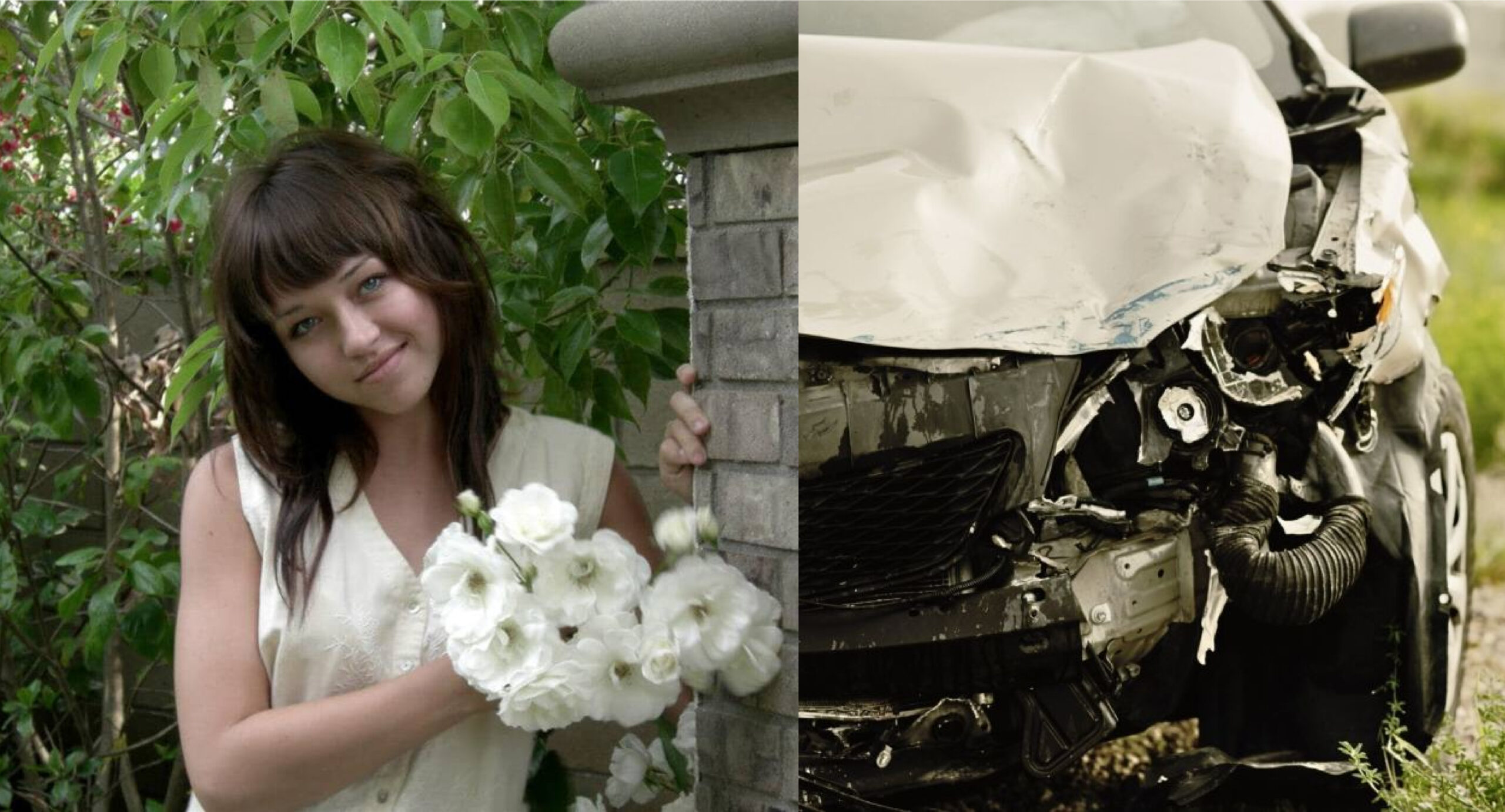The term “Porsche Girl” refers to a tragic event that took place in 2006, involving a young woman named Nikki Catsouras. This incident, marked by both the horrific nature of her car accident and the subsequent violation of her family’s privacy, left a lasting impact not only on the victims involved but also on the broader conversation about online ethics and the spread of sensitive content. While the incident itself was devastating for those close to Nikki, its ripple effects have led to legal battles and significant discourse about the ethical responsibilities of internet platforms and online privacy.
In this article, we’ll delve into the story behind “Porsche Girl,” explore the aftermath of the incident, and discuss its wider implications for privacy, social media, and internet safety.
The Story of Nikki Catsouras
Nikki Catsouras was an 18-year-old girl from California who tragically lost her life in a car accident on October 31, 2006. On that day, without her parents’ permission, Nikki took her father’s Porsche 911 Carrera for a drive. Unfortunately, she lost control of the vehicle at high speed on a toll road in Lake Forest, California. The car veered into a toll booth and collided at such a velocity that Nikki was killed instantly.
The accident was devastating not only because of the loss of a young life but also because of the violent nature of the crash. Emergency responders on the scene captured graphic photographs of the accident, which were initially meant for official use only. However, the situation took a much darker turn when these photos were leaked and distributed online.
The Leak of Graphic Images
In the aftermath of the accident, photos taken by California Highway Patrol (CHP) officers were unlawfully leaked onto the internet. These graphic images, depicting the extent of Nikki’s injuries, quickly spread across various websites and forums. As people started sharing and resharing these photos, they became part of an online phenomenon where some individuals took to trolling the family, sending the images directly to them and mocking Nikki’s death.
The Catsouras family, already grieving the loss of their daughter, was suddenly faced with another layer of trauma as these disturbing images circulated online. The nickname “Porsche Girl” began to surface, linking Nikki’s identity to the car she was driving at the time of the crash. For her family, the internet had turned their personal tragedy into a public spectacle.
Legal Battles and Online Privacy
The Catsouras family quickly took legal action against the California Highway Patrol for the leak of the photos. In their lawsuit, they argued that the CHP officers had breached the family’s privacy by distributing the images, which caused further emotional distress. The case brought to light important discussions about privacy, the ethical responsibilities of public officials, and the dark side of internet culture.
The Court Case and Settlement
In 2008, the Catsouras family sued the CHP, citing negligence and emotional distress caused by the unauthorized release of the crash photos. The case garnered national attention as it brought forward questions about who bears responsibility for safeguarding sensitive information, especially when it comes to law enforcement agencies.
Eventually, the CHP admitted to wrongdoing, and two officers involved in the leak were disciplined. In 2012, the Catsouras family was awarded a $2.37 million settlement from the state of California. However, despite this legal victory, the damage had already been done. The photos remained on the internet, and the family continued to struggle with the fact that their daughter’s death had been exploited for shock value and morbid curiosity.
The Impact of “Porsche Girl” on Internet Ethics
The spread of the Porsche Girl images sparked widespread conversations about online privacy, cyberbullying, and the responsibilities of internet platforms in regulating the dissemination of harmful content. This incident highlighted the dark side of the internet, where anonymity and the viral nature of content can lead to irreversible harm.
The Role of Social Media and Websites
At the time of the Porsche Girl incident, social media platforms and forums were beginning to grow rapidly in popularity. Websites like MySpace, early versions of Facebook, and numerous internet forums made it easy for users to share images and content with little to no regulation. Nikki Catsouras’ photos became another example of how easily private information or sensitive images could be spread without consent, sparking a debate about the role of platforms in controlling such content.
Today, social media platforms like Facebook, Twitter, and Instagram have implemented stricter policies to combat the spread of explicit or harmful content. However, the Porsche Girl case serves as a reminder that once something is uploaded to the internet, it becomes nearly impossible to fully erase.
Cyberbullying and Trolling
The Porsche Girl incident also highlighted the rise of cyberbullying and online trolling. As the photos of Nikki’s crash circulated, trolls began sending the images directly to the Catsouras family, taunting them with cruel messages and emails. Some even created fake accounts or used anonymous email addresses to share the graphic content with family members.
This form of cyber harassment deeply affected the Catsouras family and illustrated the potential for online platforms to be weaponized by malicious individuals. Over the years, this issue has become more prominent, with many families and individuals facing similar harassment online. The rise of cyberbullying has led to the creation of anti-bullying laws and the development of initiatives aimed at promoting kindness and respect in online spaces.
The Broader Implications for Online Privacy
The Porsche Girl case brought to light critical issues regarding online privacy, the role of law enforcement in safeguarding sensitive information, and the responsibilities of internet platforms to protect individuals from harmful content. Even though more than a decade has passed since the accident, the case continues to serve as a reference point for discussions about internet safety and privacy laws.
The Right to Be Forgotten
One of the central issues in the aftermath of the Porsche Girl case was the idea of the “right to be forgotten.” This concept, which has gained more legal recognition in recent years, refers to an individual’s ability to request that certain personal information or content be removed from the internet. In the case of Nikki Catsouras, the Catsouras family struggled to have the graphic photos taken down from various websites, only to find that once something is shared online, it’s almost impossible to erase completely.
Since the Porsche Girl incident, the “right to be forgotten” has gained more traction, particularly in Europe with the introduction of the General Data Protection Regulation (GDPR). This legislation grants individuals more control over their personal data, allowing them to request that certain information be deleted. While this is a step in the right direction, the internet remains a vast and often unregulated space, where harmful content can still thrive.
The Lasting Legacy of Porsche Girl
The Porsche Girl incident was a heartbreaking tragedy for the Catsouras family, compounded by the spread of graphic images that turned a personal loss into a public nightmare. Despite their legal victories, the emotional toll of having Nikki’s death exploited online continues to haunt her family.
However, this case also led to important conversations about internet privacy, online harassment, and the responsibilities of public officials and tech platforms in managing sensitive content. It has become a cautionary tale about the potential dangers of the digital world and the need for stronger protections against the misuse of personal information.
Changes in Law Enforcement Protocols
In the years since the Porsche Girl case, law enforcement agencies have taken steps to prevent similar breaches of privacy. Many police departments and highway patrol units have implemented stricter protocols regarding the handling of sensitive information and crash scene photography. Officers are now more aware of the ethical implications of sharing such images and the legal consequences that could follow.
Conclusion: A Cautionary Tale for the Digital Age
The story of Nikki Catsouras, known as the Porsche Girl, is both a tragic loss and a powerful reminder of the complexities of online privacy in the digital age. While the accident itself was a devastating event for her family, the aftermath involving the unauthorized sharing of graphic images underscored the importance of safeguarding sensitive content, respecting the privacy of victims, and promoting ethical behavior online.
Read more: Sam Frank OnlyFans Leaked: Understanding the Impacts and Privacy Concerns in the Digital Age




